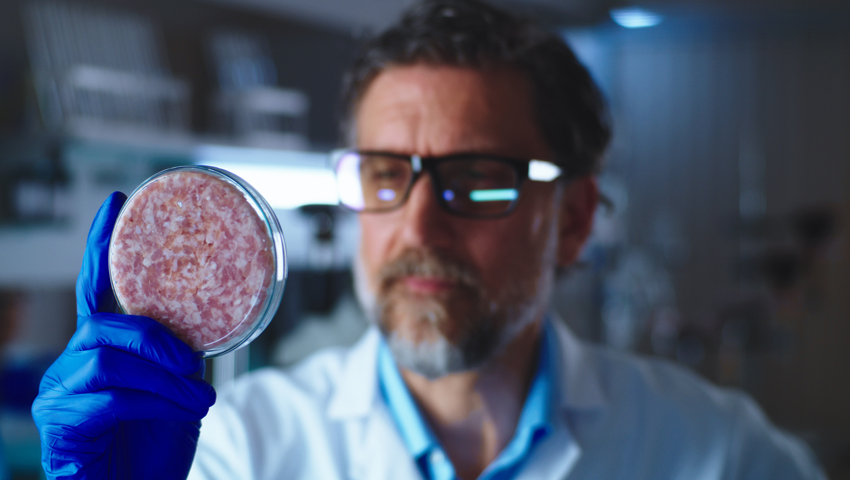Chris Smaje, author of Saying NO to a Farm-Free Future, continues to unpick the truth behind Joe Fassler’s five climate myths
Myth 5: Future tech will save us
FASSLER criticises the attempts of agronomists to reduce cattle impacts with various tweaks like dietary supplements to reduce emissions, on the grounds that if something is causing a problem (in this case ruminant livestock) no tweak will work as well as mitigating the problem directly (in this case by reducing the number of livestock). The way to go is not technological substitution or optimisation, but physical reduction.
On this point at least, I agree with him. For the reasons I’ve outlined above, I question the extent to which grazing livestock really are a sui generis problem independently of fossil fuels, and whether cutting them from a given agroecosystem is always the best idea from a climate mitigation perspective. But inasmuch as they are, I think Fassler is right to suggest that reduction is the way to go.
Myth 6: Future Tech Will Save Us
Wait, there’s a Myth 6? Indeed, there is – although I’m supplying this one myself, to add to the five in Fassler’s article.
To reiterate the implications of Myth 5, the way to go is not technological substitution or optimisation, but physical reduction. If this applies to the livestock industry, I believe it applies all the more forcefully to the energy industry. Globally, we need to reduce our consumption of livestock until it’s in better balance with the ecosystems that support us. We should think about energy in just the same way.
The myth that stalks through Fassler’s anti-livestock arguments is a myth of tech solutionism that goes something like this: if we stop eating meat, transition the energy system to low carbon sources and plant a lot of trees we can beat climate change and continue to buy ourselves out of the local food and energy webs in which every other species is intricately implicated.
But it’s unlikely we can transition the energy system at present prices, abundance and versatility. Even if we can, I believe the present climate and other crises are telling us something more subtle about the need to abandon one-shot solutionism to buy ourselves out of ecological implication with the world around us through going vegan, switching to renewables, planting trees or whatever. The deeper message of these crises is that we should lower our energy expectations, build our local communities resiliently around their ecological base, and try to escape the dualism of addiction and abstinence by orienting ourselves to trees, grasslands, livestock and wild organisms as local ecological protagonists in complex relationships with them – not by treating them as ‘world resources’ available for humans to curate at a global level.
Taking this message on board would have profound consequences, propelling us towards more rural, more localized, more agrarian economies, with more diverse, more healthy and lower-meat diets enhanced by livestock more in a role as ecological helpmates on the farm than simply as sources of food.
In that situation, chances are you wouldn’t be in the supermarket wrestling with the ethics of your consumption decisions around things like buying meat. You’d more likely be in your allotment, your garden, your homestead, or your farm, tightly squeezed among many other ones, carefully calculating the trade-offs involved in your production decisions about what your livestock can provide for you and what you have to provide for them. You’d be consuming fewer animal products than the average consumer in the wealthy countries today, but you’d probably be producing more animal products. No doubt you and your society would face many problems. However, the impact of livestock on the climate would be unlikely to count among them.
The nature of present global crises – which go beyond climate change alone – is such that if we don’t try to bring such a world about in an orderly and humane way, then eventually it will occur by default in a disorderly and inhumane way. People will be using animal products in either case. The bigger challenges lie elsewhere.
Read Smaje’s response to Myth one: fossil fuels
Read Smaje’s response to Myth two: methane
Read Smaje’s response to Myth three: beef
Read Smaje’s response to Myth four: cattle
